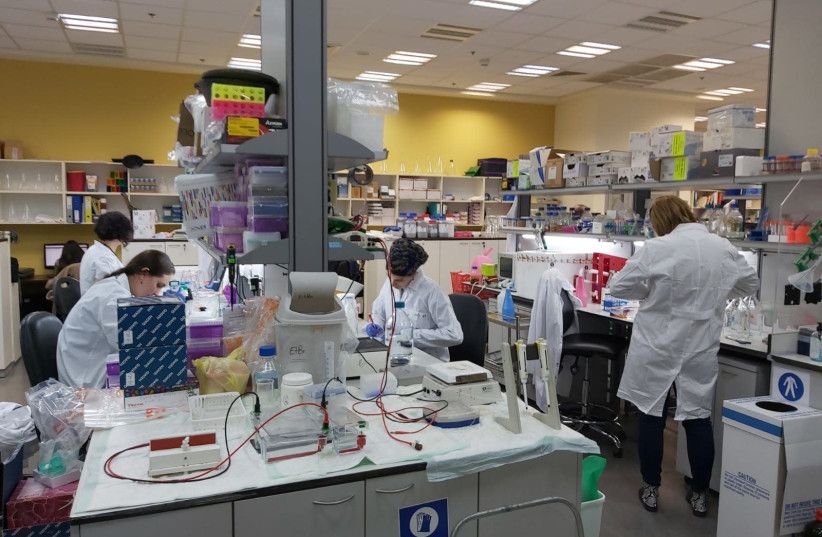A fundamental challenge in the creation of a “quantum internet” is how to securely transmit data between two points. But one team of U.S. scientists may have found the answer.
New research from experts at the California Institute of Technology (Caltech) suggests atoms in small boxes of light — optical cavities — could soon “form the backbone technology” of the futuristic internet that relies on the mysterious properties of quantum mechanics for ultra-fast computing.







